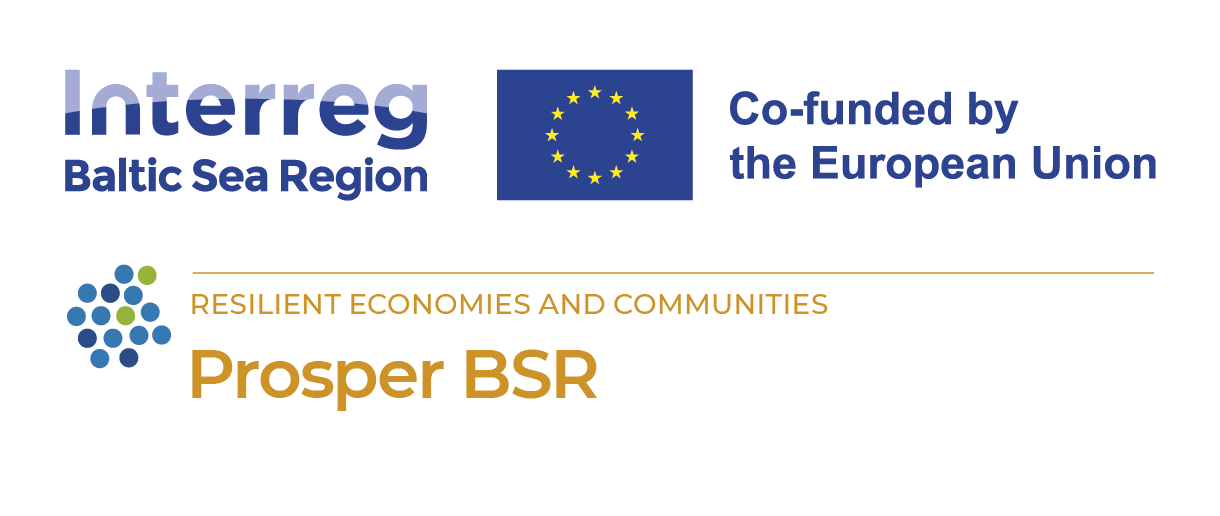The Ukrainians who have taken up jobs at Varėnos pienelis in Alytus county, have helped to solve the shortage of workers at this small dairy company. Jolanta Kuzminienė, the director of the company, says that the Ukrainian workers are responsible and very motivated.
The first Ukrainians started working at Varėnos pienelis about four years ago. At that time, the workforce was tight, and the company’s manager tried to attract workers from other towns, but without success. “There was a shortage of male workers (women cannot work in some positions due to the greater need for physical strength) but could not find them in the surrounding areas. When we found out that there was an opportunity to employ foreigners, we decided to give it a try,” Kuzminienė says.
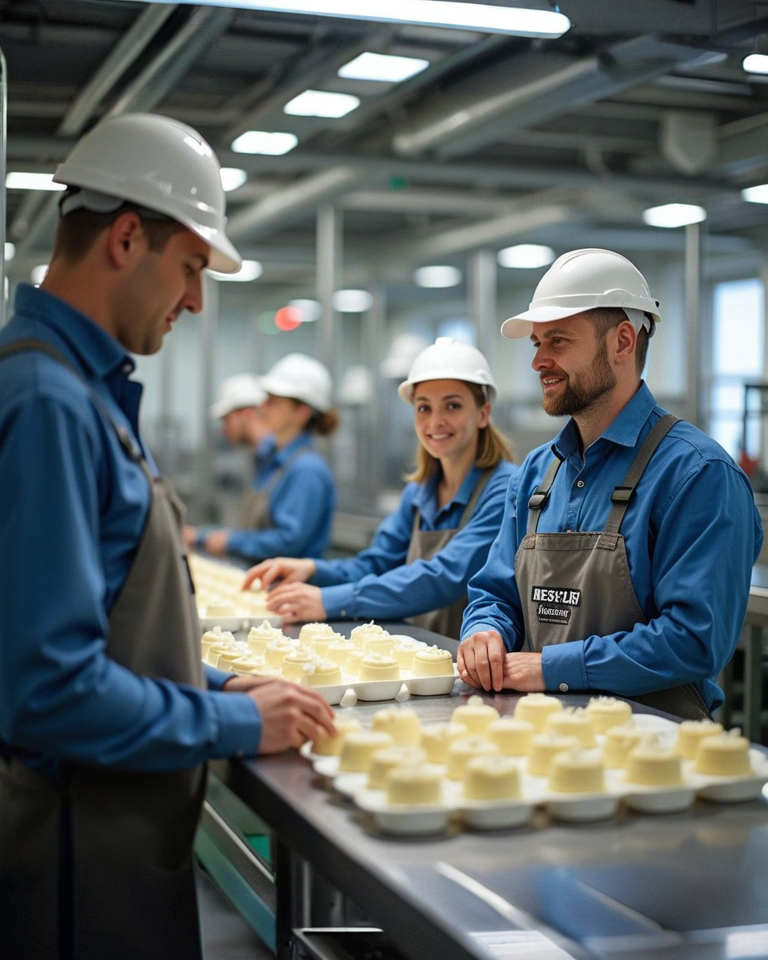
Cooperation
Adaptability Is Critical
According to her, Ukrainians are a different matter. They are motivated to work and earn. “For us, this has multiple benefits. First, we fill empty jobs and can produce more. Secondly, it is good to help people. Our company has always been committed to charity and social aid, so it was never a question of helping refugees. We gave them shelter and offered them jobs so that they could earn and feel dignified,” Kuzminienė notes. She adds that all Ukrainians working in the company have a healthy attitude towards work. For them, work at the company is a source of livelihood, a way to save up and start a better life, to rebuild their homes when they return to Ukraine. Varėnos pienelis director regrets that young Lithuanians often see work as an obligation or a misery.
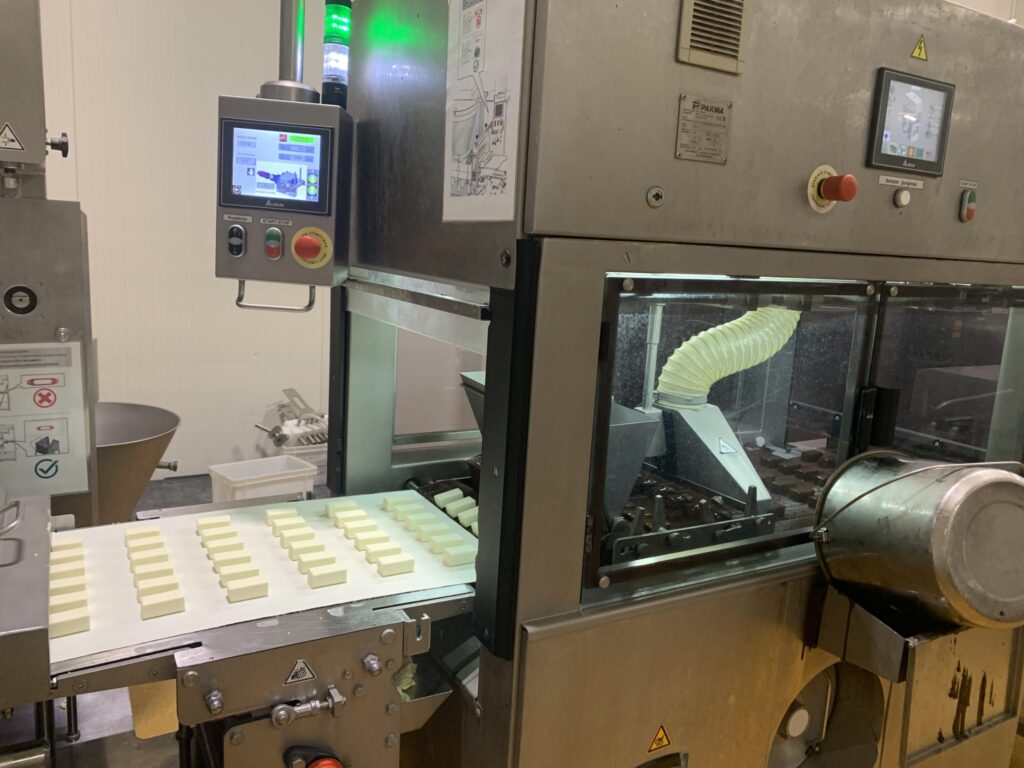
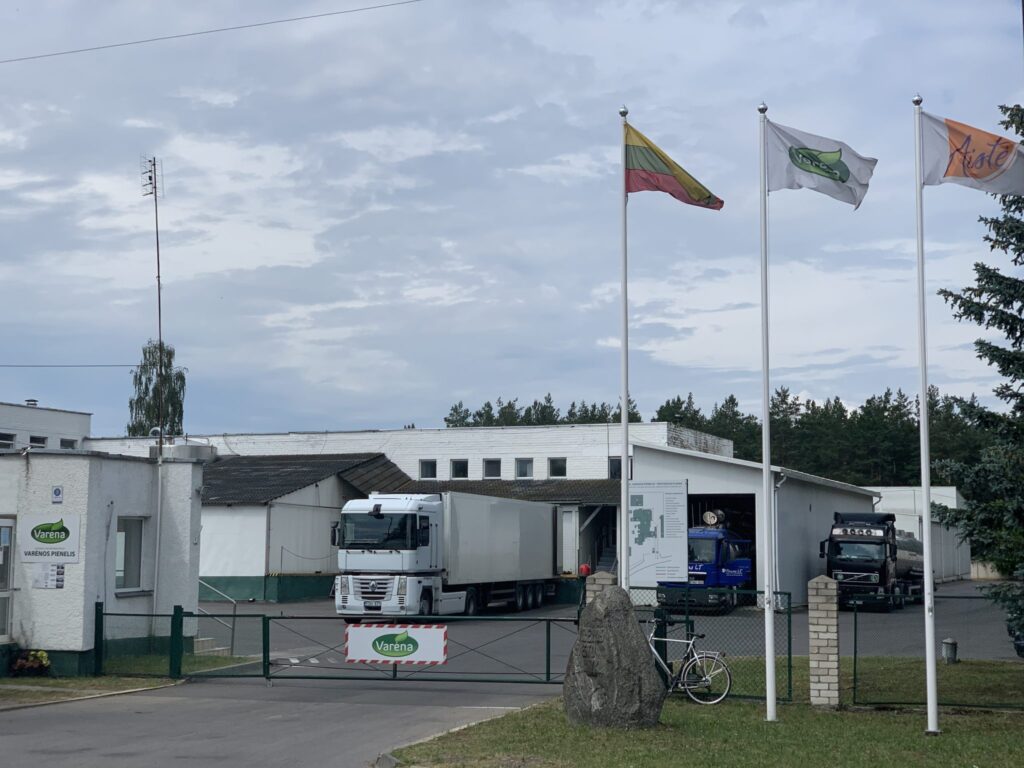
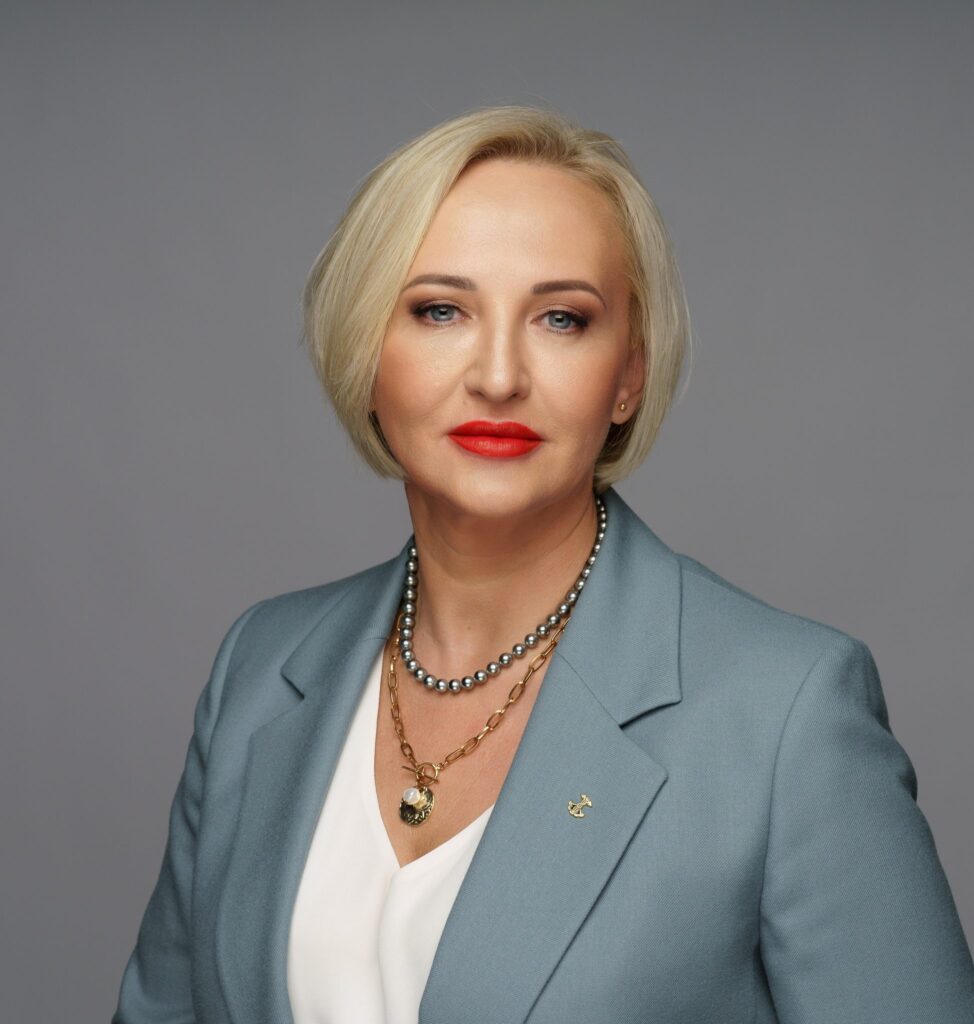
Adjusting the Working Environment
Accommodation of newcomers was a bit more of a challenge. There were no new constructions in Varėna, so it was almost impossible to find apartments for Ukrainians. The company was lucky enough to buy a four-room apartment. It arranged with another company to rent out the space, which Varėnos pienelis adapted and furnished. “Luckily, Ukrainians are not very different from us, Lithuanians, culturally,” Kuzminienė says. “We have had bitter experience with newcomers from Islamic countries. Because of their religious beliefs, they did not listen to women in higher positions. As southerners, they are used to move less and work less. They are also used to a collective way of life: If there are three of them, one of them will be the leader and two subordinates. This means that one of the three will not work.” The director of Varėnos pienelis notes that cultural differences are very important to keep in mind. She advises other companies to take them into account when thinking about hiring workers from abroad.
Work Helps Integration
The various forms of support and child money do not arrive as quickly as people would like in Lithuania. Some women came from Ukraine as they are—without even the necessities. Thus, the company Varėnos pienelis divided up among the staff who would help which woman. In the beginning, before the children were enrolled in kindergartens and schools, the company arranged for some women to work and others to look after the children—like a family. “In fact,” Kuzminienė says, “our company is like a big family. We also pay a lot of attention to the psychological well-being of Ukrainians. If a woman does not hear from her husband or other relatives on the front lines for a long time, we try to support and encourage her.”
Work also distracts from negative thoughts. It also helps the Ukrainians to integrate into society, learn a language, earn money and get health insurance. It is a significant step towards building a better life or starting afresh.
